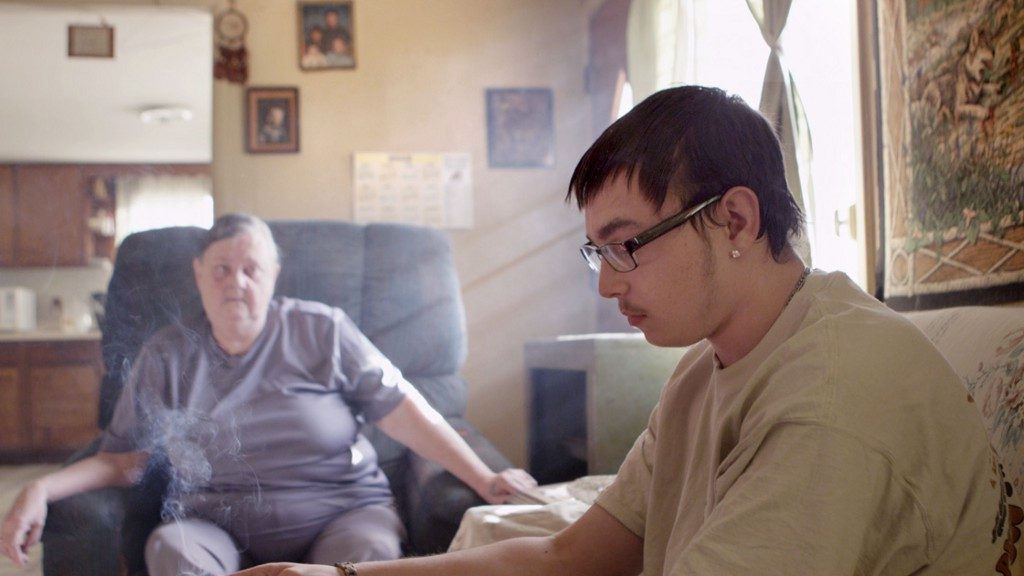Tracy Droz Tragos won an Emmy Award for her first documentary, Be Good, Smile Pretty, which aired on PBS’s Independent Lens and chronicled her journey to know her father, who was killed in Vietnam. With Rich Hill, Droz Tragos returns to her father’s hometown to explore familiar themes by following the lives of three local boys who yearn to find solace in their scattered families and belonging in their impoverished community.
Rich Hill, which Droz Tragos directed with her cousin Andrew Droz Palermo, debuted at Sundance on January 19th.
Please give us your description of the film.
It’s an examination of the challenges, hopes and dreams of the young residents of a rural, American town.
What made you pursue this story?
Rich Hill is our family hometown, and over the years it has fallen on hard times. We wanted to tell the stories of families living there who [seemed] to us largely ignored and clearly facing a lot of challenges. We were honored by the trust the families had in us to tell the story of their lives with dignity and honesty.
What was the biggest challenge in making the film?
There are tons of challenges with independent filmmaking. With this project, it was often difficult to reconnect with the families in our film after a break because they were without phones or email, sometimes even electricity. We’d have to get to town and find them. The vulnerability was hard to fathom at times. They’re lovely, amazing families, but often living in so much flux [and] turmoil.
What advice do you have for other female directors?
Be the change you want to see. Tell the stories you want to tell, not what you think people want to to tell. Be true to your own voice and vision, and defend it.
What’s the biggest misconception about you and your work?
I don’t know if there is a misconception. Perhaps it might be that I am only a documentary filmmaker. I see myself as a storyteller and filmmaker period. I hope to continue to blur the lines between narrative and documentary.
Do you have any thoughts on what are the biggest challenges and/or opportunities for the future with the changing distribution mechanisms for films?
I’m so excited about all the new outlets for indie films and documentaries in particular. It’s a really good time to be a storyteller and “content producer.” I feel like a project doesn’t have to be limited. Stories can live on in all kinds of ways. We are exploring that right now with Rich Hill.
Name your favorite women directed film and why.
So hard to name only one. Jane Campion, Catherine Hardwicke, Kathryn Bigelow, Lauren Greenfield, Barbara Kopple — I could go on and on. These women make amazing movies.







